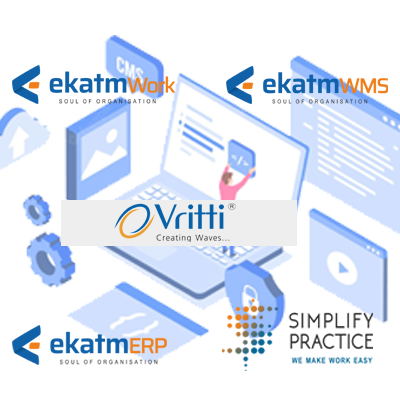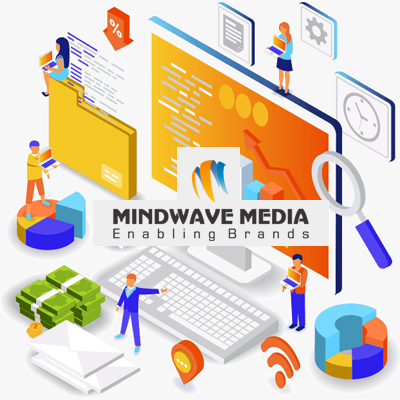[vc_row][vc_column][vc_column_text]A good WMS will provide a spike in customer service, leading to greater customer satisfaction and increased profitability. Not having a good WMS means constant struggle to keep a stable customer base.
So, what should you look for in a good warehouse management system? Here are 7 qualities that a good WMS should have.
- Maximum Functionality
Obviously, the first thing you need to learn about a WMS solution is what it can do for you.
When analyzing a WMS solution, ask yourself, “Will this WMS streamline our business processes?” For instance, if your company has a hard time measuring employees’ productivity, a good WMS solution will help. A WMS should be able to track what tasks an employee has performed (and where they were performed), giving you direct visibility your workforce’s efficiency.
- Ease of Use
If a WMS is easy to use, it will reduce the amount of time you spend on employee training – for ALL employees, from pickers to senior management. A well-designed WMS lets users spend less time setting up and monitoring daily operations, so they are able to quickly adapt to new requirements.
New employees can also be up and running in a matter of hours, instead of weeks. Most importantly, clear navigation ensures that all employees will be able to leverage the WMS functionality to the fullest.
- Complete Transaction Management
A good WMS will let you manage everything from door to door – from receiving to manifesting.
You want a WMS that gives you detailed information for everything – products, employees, and transactions – every step of the way.
At a minimum, the following are some of the steps that should be tracked:
- Receiving
- Putting away received goods
- Order picking
- Shipping
- Cycle counting (inventory audits)
- Any item movement
When you can track everything that is going on in your warehouse (from people to movement to products), you can do specialized analysis that will help you hire smarter and stock products more efficiently.
- Flexibility
A WMS solution needs to be able to scale with a company’s growth and adapt to meet future requirements. Otherwise, it’s not a long-term WMS solution.
WMS is more likely to work with future applications and operating systems (rather than locking you into a particular platform).
Another flexible quality would include hardware. A WMS should be compatible with other versions of:
- RF scanners/terminals
- fork truck-mounted RF terminals
- label printers
- scales
Finally, how flexible is your potential WMS when it comes to different business types and sizes? A good WMS should have demonstrable success with wholesale and industrial distributors of all sizes.
- Useful, Easy-to-read Metrics
Data is important, but so is data presentation. It’s one thing to have metrics that help you track the performance of your warehouse operations; it’s quite another to be able to understand the data.
A good WMS should allow you to easily create reports and charts that let you see how your warehouse is running. For example, a good WMS might track employee and warehouse performance in real-time across organizational groups, allowing management to compare the performance of employee sets (morning pickers, evening pickers, receiving, etc.) and operational organizations (east division, west division, etc.). You want to invest in a WMS that measures the performance of individual employees against standards that include both speed and accuracy.
- Seamless ERP Integration
Your WMS has to work in tandem with your ERP to keep a business running. That’s why it’s so important that you choose a WMS that works with major ERP systems – seamlessly.
The WMS that you invest in must be fully compatible with your current ERP system. When choosing a WMS, ask if it’s compatible with Activant, Infor, JD Edwards, MS Dynamics or Oracle’s business solutions. In addition, a WMS vendor should be skilled at developing additional ERP integrations.
- Value for ROI
Price is only one small part of total cost of ownership. Functionality, flexibility, integration, scalability, ease of use, customer support and more all come into play. When choosing a WMS, you obviously need to weigh these factors. Remember that lower upfront cost may seem appealing, but may ultimately cost you more in the long run if the WMS solution (or vendor) is unable to meet your needs as your business continues to grow and develop.
- Conclusion
A poorly chosen WMS can end up costing you more than it saves as you attempt to fix problems with costly integration or customization work to fit requirements. That’s why it’s crucial to look at the overall value of a WMS solution – does the slightly more expensive WMS do more of what you need, now? It might cost you less over the lifetime of the product, even if the initial price tag is more than an off-the-shelf solution that appears frugal.
_____________________________________________________________________________________
Vritti Solutions Ltd. is a next generation IT Solutions company working towards fuelling the knowledge based economy by consulting and developing innovative IT solutions.
Vritti Solutions is a leader in ERP, CRM, WMS and HRMS software solutions in the Small and Medium Sized Enterprises segment in India.[/vc_column_text][/vc_column][/vc_row]








